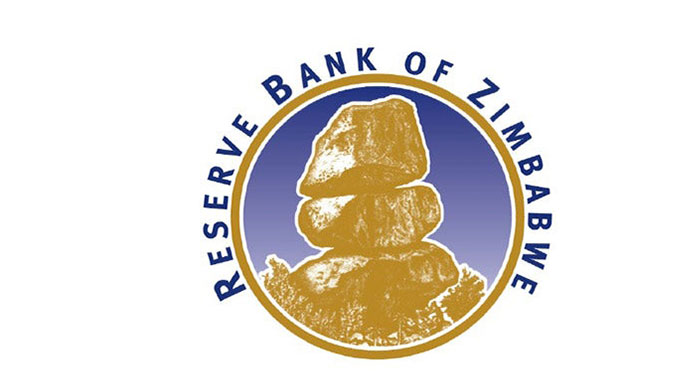RBZ unbundles Fidelity Printers

Business Reporter
THE Reserve Bank of Zimbabwe (RBZ) plans to unbundle its gold buying and minting subsidiary, Fidelity Printers and Refiners, into two entities and divest out of mining firm, Tuli Coal (Pvt) Limited.
Under the framework Fidelity Printers will be split into two business units — gold refining and printing and minting.
The apex bank has over the past seven years planned to sell its 70 percent stake in the mining firm as it seeks to concentrate on its core business.
The decision to unbundle Fidelity and dispose of Tuli Coal to the Government was adopted by the bank’s board of directors at its meeting on 9 December 2020.
RBZ Governor, Dr John Mangudya, said in a statement yesterday that valuations of its subsidiaries were undertaken by independent valuers.
“The unbundling of the FPR is designed to partially privatise gold refining business by allowing private players to acquire a stake therein and in the process secure and endear the private sector’s interests in the production and marketing of gold in Zimbabwe,” Dr Mangudya said.
“By being part of the decision-making process on gold trading, it is expected that the gold producers’ compliance levels in trading of gold will significantly improve.”
Although the central bank would maintain a 100 percent shareholding in the printing and minting business for national security reasons, it said it would only maintain 40 percent stake in the gold refining business and dispose 60 percent to both large-scale and small-scale gold producers.
Using a three-year average delivery of gold to FPR, the bank said it will offer 50 percent shareholding in FPR to the large-scale gold producers, three percent to major FPR gold buying agents and the balance of seven percent to the small-scale producers through their representative bodies.
“The disposal of Tuli Coal Limited will fulfil the bank’s long-held desire to sell its entire equity in the asset, which is capable of predominantly producing thermal coal for the benefit of the economy,” said Dr Mangudya.
The RBZ, however, continues to hold shareholding in several other none-core businesses.











Comments